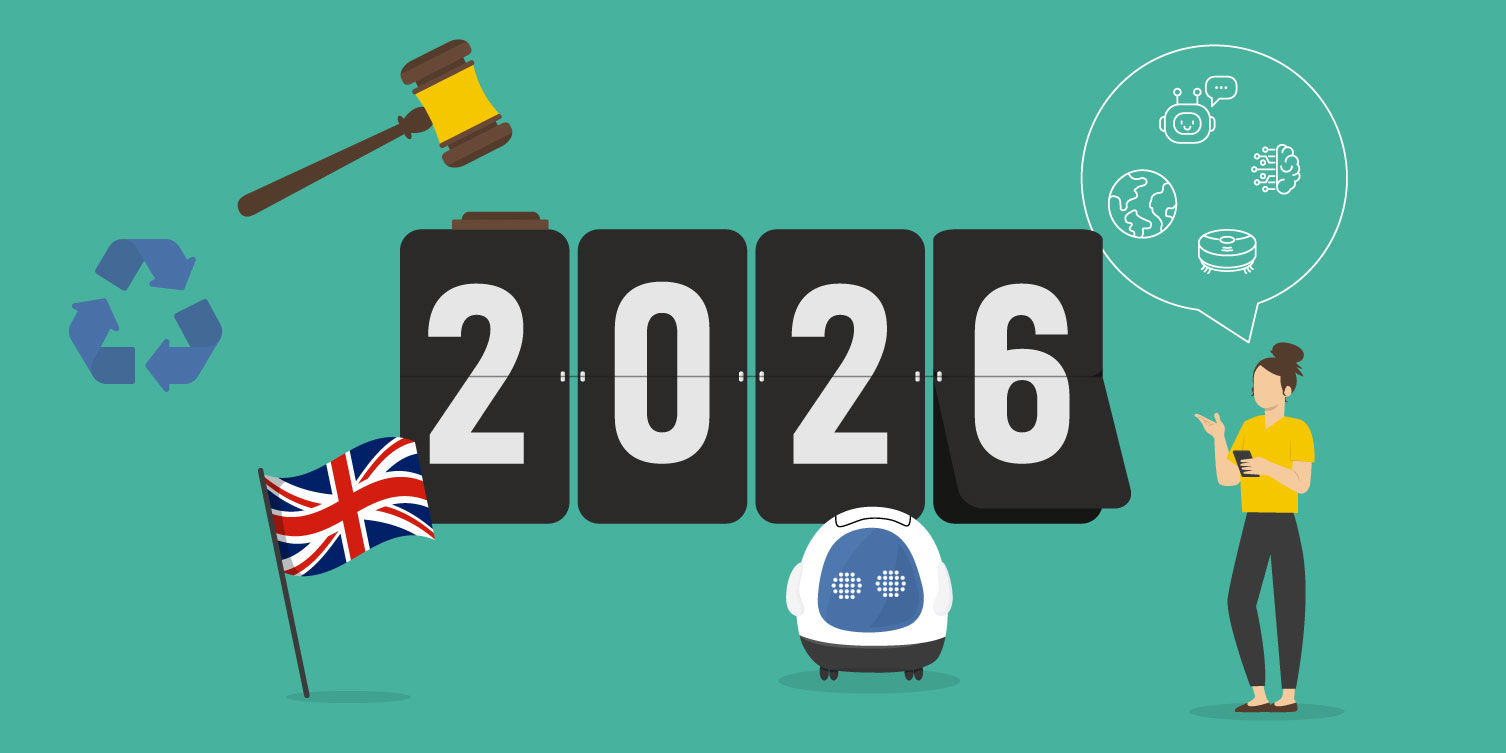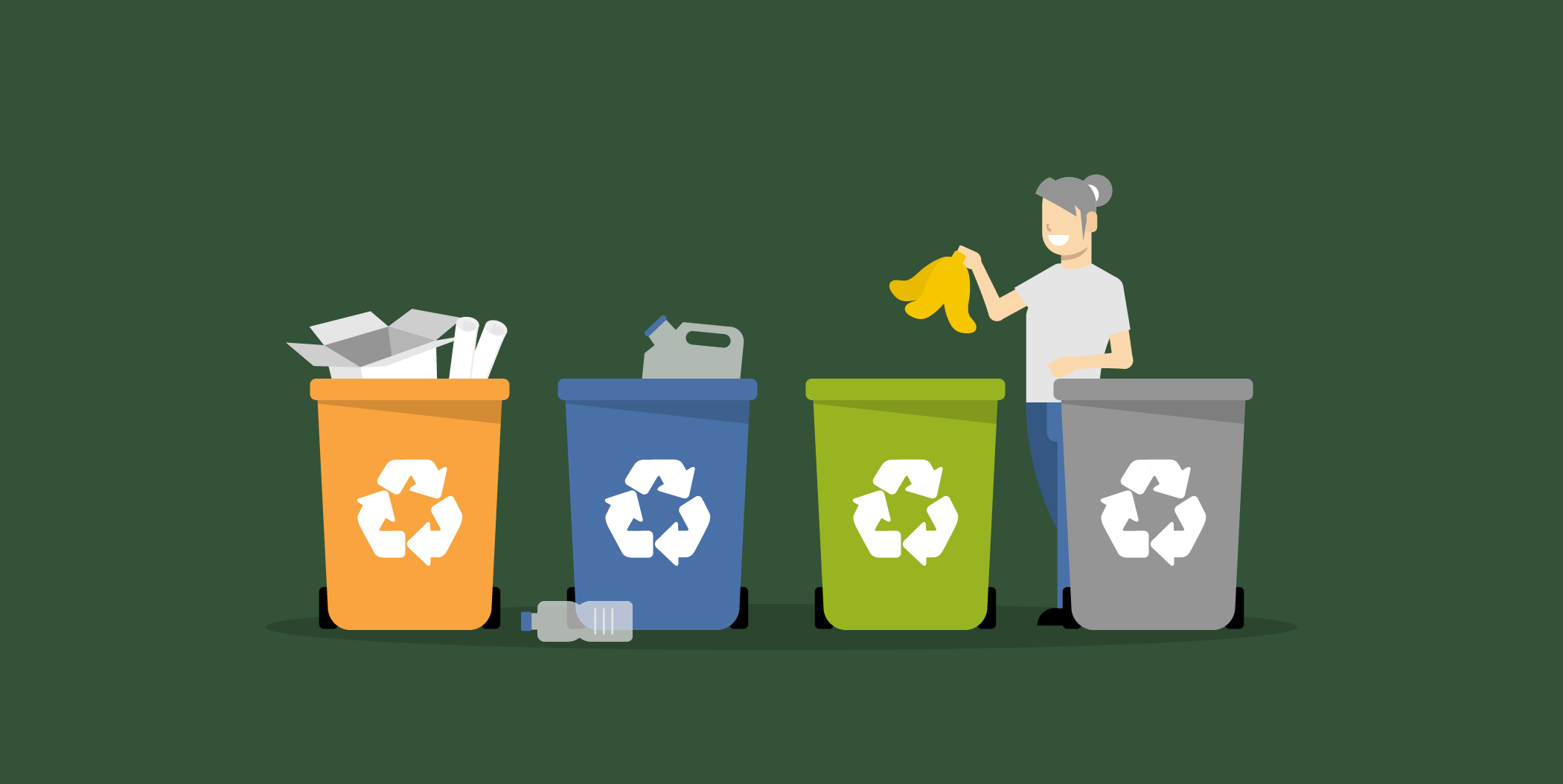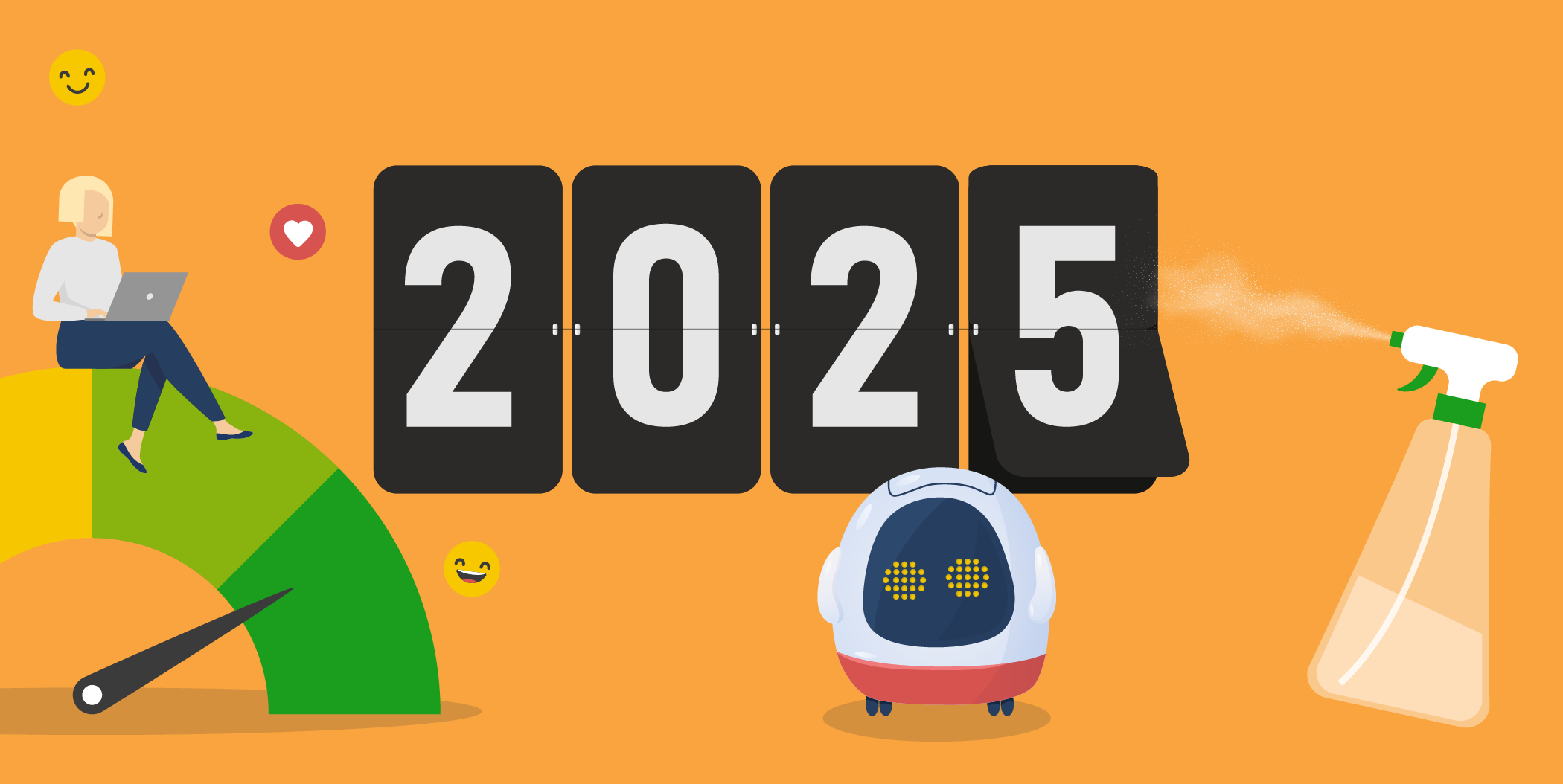The UK cleaning industry is heading into another year of big changes. In 2026, new rules and standards will take effect while others continue to tighten – from chemical labelling and waste to employment rights and sustainability reporting. At the same time, your clients expect more documentation, better quality, and greater transparency in how cleaning is delivered.
Here you’ll find the key points you need to stay on top of the 2026 requirements and keep your business running smoothly – and stay one step ahead of your competitors. This guide highlights the most important cleaning industry trends 2026 so you know what to prioritise.
New Rules in 2026 You Need to Know
In 2026, you will meet a number of rules which affect everything from the products you use, to the way you plan, document, and manage your team. The most significant changes involve chemicals, waste and packaging, working conditions and sustainability reporting. These are areas where you, as a business owner, will have responsibilities to meet, but also clear opportunities to strengthen your operation and improve your quality.
A note on the 2025 Autumn Budget
Before looking at the new rules for 2026, it’s worth noting what the 2025 Autumn Budget means for the cleaning industry. You can read about the Budget here.
The Budget confirms what many cleaning business owners already feel: costs are still rising, paperwork is increasing, and it’s not getting easier to keep reliable staff. With tax thresholds staying frozen and more admin expected next year, many businesses will feel more pressure on time and margins. This makes it even more important to tighten up processes and use digital tools, so you can stay organised, avoid mistakes and keep control as the new 2026 requirements come in.
Rules on Cleaning Products and Labelling Deadline
In Great Britain, cleaning chemicals such as detergents and sanitisers are regulated under the Classification, Labelling and Packaging rules. The latest official hazard classifications — listed in the GB Mandatory Classification and Labelling list — must be fully applied by 15 August 2026.
This means the labels and Safety Data Sheets for the products you use must be updated to match the new requirements.
Your suppliers are responsible for classifying and labelling their products correctly. However, you must check that the chemicals you and your staff use are properly labelled and compliant.
Even if you don’t manufacture chemicals yourself, the rules still apply, because you work with these products every day.
The key date is: 15 August 2026 – substances covered by the latest Mandatory Classification and Labelling list must be classified and labelled according to the new rules.
What should you do?
• Ask your suppliers for updated sheets and labels for the products you buy
• Review your chemical inventory at the start of 2026 – especially the products your staff use on client sites
• Make sure your staff and any health and safety reps understand the hazard symbols and wording on the new labels
• Plan training in good time, so everyone knows how to handle products safely under the updated rules
Who is affected?
The rules apply to all businesses that use cleaning products in Great Britain. You don’t have to write labels or fill out sheets yourself, but you must make sure that:
- the products you buy are correctly classified and labelled, and
- your staff understand what they are working with.
In Short
If you use cleaning chemicals in your business, you need to check that they are correctly labelled in 2026. It’s about safety – for you, your staff and your clients. Use the first half of 2026 to review your products, speak with suppliers and bring your staff up to speed. Then you are well-prepared when the deadline comes.
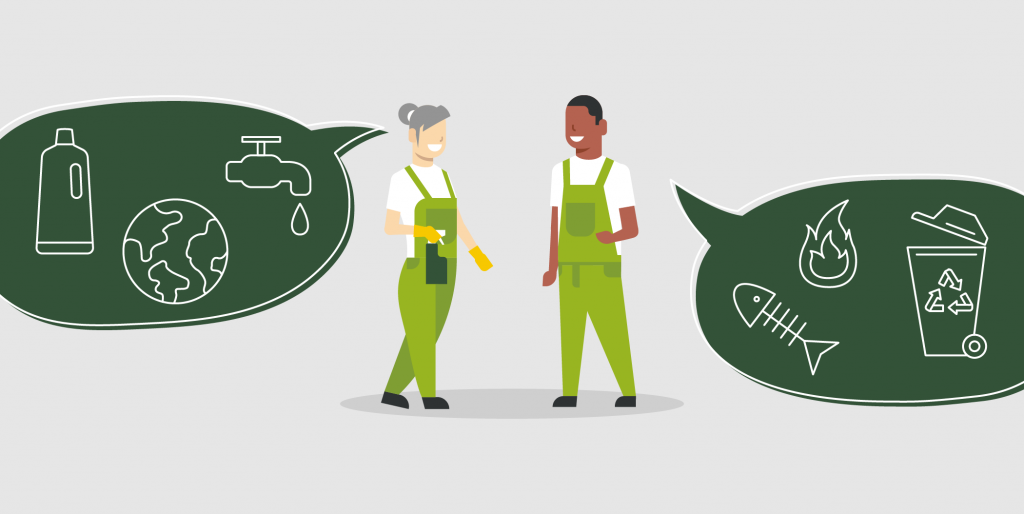
New Requirements on Waste and Packaging
From 2025 the government began rolling out the Simpler Recycling rules for workplaces in England. From 2026, more organisations will be fully covered and enforcement will step up. At the same time, the UK’s Extended Producer Responsibility (EPR) for packaging moves into full cost impact for producers and importers.
For cleaning companies, this matters in two ways:
- Waste on client sites
Workplaces must collect certain materials separately – such as paper/card, plastic, metal, glass, and food waste (where produced). Cleaning staff are often the ones handling and presenting this waste for collection. - Packaging on the products you use
Chemicals, cloths, gloves, bags and other consumables are increasingly expected to use recyclable materials and clear labelling. Large producers pay Extended Producer Responsibility fees and may change products and prices accordingly.
Which businesses are affected?
- All organisations in England will need to follow the workplace recycling rules.
- Cleaning firms are not always directly responsible for the packaging, but you will feel it through product changes and client questions.
If you sell your own branded products (for example, your own chemicals or private-label cloths and bags), you may also have direct packaging obligations and should already be talking to your suppliers or advisers about EPR.
If you do not sell any own-name products, your main responsibility is to make sure your suppliers follow the rules – and that your staff follow the right waste-sorting procedures on site.
What should you do?
• Clarify with each client who is responsible for waste separation and how cleaners should handle different waste streams
• Train your staff in the local recycling set-up at each site, and document that they have been trained
• Ask your suppliers about recycling and recycled content of your main consumables
• Update your offers and tenders so you can explain how you support clients with recycling and responsible packaging
In Short
Waste and packaging may not feel like a core cleaning issue – but for the cleaning industry in 2026 it becomes part of the service you deliver. If you can show that your company supports correct sorting on site and uses sensible, well-documented products, you will stand stronger with clients who are under pressure to improve their own environmental performance.

Changing Employment Rules from 2026: Predictable Work and Better Contracts
The UK government is currently progressing the Employment Rights Bill, but the final details are not yet confirmed. This means businesses should keep an eye on official updates, and we will also keep you informed as the rules are finalised.
The Bill is expected to start taking effect from 2026, with the aim of giving workers more security and more predictable working lives — something that will directly affect the cleaning industry, where many roles involve variable hours, early mornings, evenings, or agency arrangements.
Although the Bill is still moving through Parliament, the expected changes include:
- Stronger rights to predictable working patterns, especially for people on zero-hours contracts.
- More protection against last-minute shift cancellations, including possible compensation.
- Improved rights for agency workers, and clearer rules for outsourced service contracts.
For cleaning businesses, this likely means being clearer about:
- how many hours staff can expect,
- when their normal working times are, and
- how cancellations or changes are handled.
What should you do?
• Review your use of zero-hours and highly flexible contracts. Consider whether some roles can move towards more predictable patterns
• Document how you allocate work and how you communicate shift changes, so you can demonstrate transparency
• Discuss working patterns with your clients — for example, whether more cleaning can happen during the day to allow more stable hours
• Follow government updates as the Bill progresses, and be ready to update contracts and policies when final guidance is issued
• We will also keep you updated as soon as confirmed information is available
In short
From 2026, working conditions are expected to become a competitive advantage in the cleaning industry. Cleaning companies that offer more transparent and predictable working patterns — and can document them — will be better placed to attract and retain staff and to align with the new rules once they are finalised.
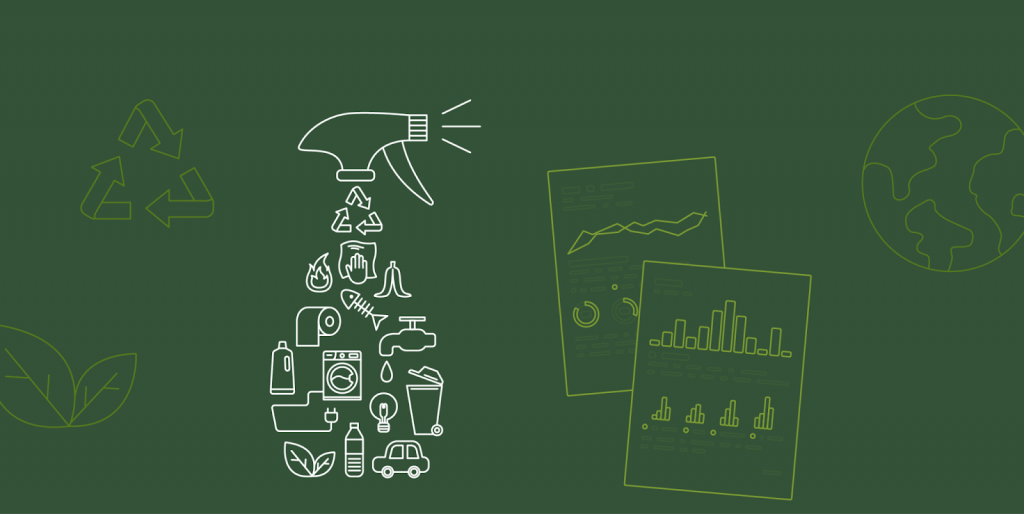
Sustainability Reporting from 2026: Why Your Clients Will Ask More Questions
The UK government has confirmed that new UK Sustainability Reporting Standards (UK SRS) will be introduced, but the final start date has not yet been announced. You can keep an eye on official updates, and we will also keep you informed as the rules are finalised.
These standards are designed to make large companies report more clearly on climate, environmental and social impacts — including the impact of their suppliers. This means that even if cleaning firms are not directly covered at first, your larger clients will need more information from you to complete their own reports.
They may ask for:
- CO₂ emissions related to your service (travel, machinery, energy use).
- Information about which chemicals you use and how much.
- Data on waste volumes and recycling at their sites.
- Information on your employment practices (pay, training, diversity, health, and safety).
What should you do?
• Map what data you already have – and where you need better figures (e.g. mileage, chemical usage, waste)
• Consider how your software and systems can help you collect and present this data automatically
• Decide which key figures you want to be able to share with clients in 2026 (and beyond)
In short
Even if you are not a listed company, sustainability reporting still reaches you through your clients. If you can deliver simple, reliable data when they ask, you become a more attractive partner than competitors who can’t.
Technology and Digitalisation Continue to Create New Opportunities
Digitalisation keeps changing the way cleaning businesses work. IoT sensors, robotics, AI-driven tools and digital platforms make it easier to plan, document and deliver the quality your clients are looking for.
In 2026, digital tools become even more important. New regulatory requirements — including updated chemical labelling rules (GB CLP), workplace recycling duties (Simpler Recycling & Packaging EPR) and new sustainability reporting standards (UK SRS) — all increase the need for clear documentation and reliable data. At the same time, clients expect greater transparency around quality, chemicals, and resource use.
Cleaning Robots and Intelligent Machines
Cleaning robots are becoming more common and easier to integrate into daily operations. Better navigation, longer battery life and real-time reporting mean robots are a realistic part of the cleaning team, especially on large floor areas in offices, retail, healthcare, and industry.
Automation also makes it easier to handle labour shortages. Robots take care of repetitive, physical tasks, while your staff can focus on:
- quality control
- touch-point cleaning
- specialist and high-value tasks
- client contact.
With digital planning systems such as CleanManager, it becomes easier to coordinate human and robotic tasks, so you get a clear overview and less day-to-day stress in the business.

Smart Software Solutions
Digital tools are becoming a central part of running a cleaning business. With platforms like CleanManager you can:
- plan shifts and tasks
- manage clients and contracts
- register time and attendance digitally
- document the work carried out.
Automatic task registration, digital checklists and real-time reporting make it easier to demonstrate quality and give clients the documentation they ask for – whether it’s on cleaning frequency, chemical use or resolved issues.
Data-led Cleaning and Sensors
New technologies such as occupancy sensors, smart dispensers and IoT devices make it possible to base cleaning on actual use instead of fixed schedules. That means:
- more cleaning where there is high traffic,
- less cleaning where areas are barely used, and
- better use of both staff and resources.
If you combine sensor data with your planning system, you can offer clients a more flexible and transparent service – with clear documentation of how you use time, chemicals, and equipment.
Use Sustainability as a Competitive Advantage
Sustainability is still a key theme in the cleaning industry. In 2026, regulations and client demands come together: rules on chemicals, waste and reporting push in the same direction as tenders and procurement requirements.
Clients increasingly expect their cleaning partner to:
- use products with lower chemical impact,
- reduce waste and increase recycling,
- work with resource-efficient methods, and
- document what they actually do.
Small changes – such as using microfibre, dosing equipment, concentrated products or refillable systems – can make a measurable difference and are worth highlighting to clients.
When you can explain why you have chosen certain products and methods – and can back it up with data from your system – sustainability becomes more than a buzzword. It becomes a concrete advantage in tenders and renewals.
Workforce in 2026: Wellbeing, Training and Stable Teams
Labour shortages are not disappearing in 2026. That’s why wellbeing, training, and good working conditions are becoming even more important competitive factors.
Cleaning companies that invest in…
- good equipment and ergonomics,
- clear frameworks and predictable working patterns,
- onboarding and ongoing training, and
- opportunities for development,
… will find it easier to attract and retain skilled staff.
Automation and technology can relieve some physical load, but they don’t remove the need for people. Instead, they change the role: cleaners become more of quality controllers, coordinators and trusted faces on site.
Digital tools and training platforms make it easier to:
- onboard new staff quickly,
- ensure consistent quality standards, and
- document competencies and qualifications – something more clients are starting to ask about.
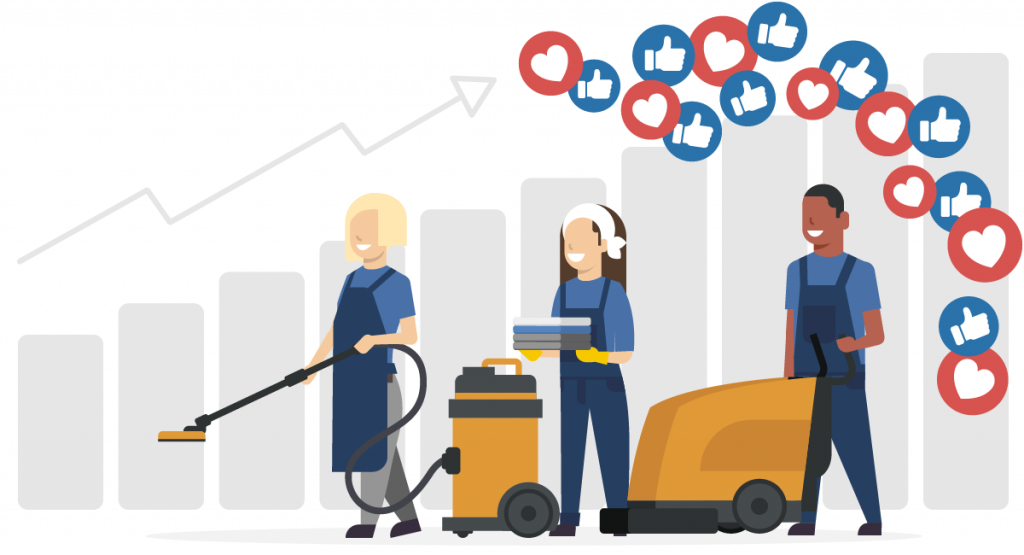
2026 Gives You a Real Advantage – If You Act Now
The cleaning industry in 2026 will make the difference between cleaning companies that “get by” and those that stand strong even more visible. New rules mean more focus on documentation, quality, and transparency – especially from clients under their own regulatory pressure.
If you understand the new requirements and cleaning industry trends and can show that your products, processes, and systems are up-to-date, you become a more attractive partner. It’s about compliance – but just as much about trust. Clients would rather choose a supplier who already has control of chemicals, waste, working conditions and technology than one who reacts only when problems arise.
Technology also plays a bigger strategic role in the cleaning industry for 2026. Systems that can document work automatically, provide a clear overview and create consistent quality are not just operational tools – they are a way to demonstrate professionalism and stability.
To prepare your business for 2026, you should:
Get on top of the rules
New requirements in chemicals, waste, working conditions and reporting are on the way. Check your products, talk to your suppliers, and make sure your documentation is in order.
Use technology wisely
Digital systems such as CleanManager can give you an overview and save time. Consider robots, sensors or smarter machines for large or complex sites.
Think environment and sustainability
Clients will increasingly ask about the products you use and how you handle waste. Choose safe chemicals, reduce waste and be ready to show what you do in practice.
Look after your staff
Good equipment, clear frameworks and fair treatment make it easier to keep people – and that will only become more important.
By acting on these areas, your business can both meet the requirements of 2026 and strengthen its position in a cleaning industry that is changing quickly. With digital tools like CleanManager and a focused approach, it becomes easier to document quality, maintain an overview and deliver the service your clients expect.
FAQ: 2026 Trends in The UK Cleaning Industry
What are the most important new rules cleaning companies need to know about in 2026?
The main changes involve chemical labelling (GB CLP), workplace recycling (Simpler Recycling), packaging rules (EPR), employment rights, and new sustainability reporting standards (UK SRS). These all increase the need for better documentation, safer products and clearer processes.
What is happening with chemical labelling in 2026?
By 15 August 2026, all chemical products used in Great Britain must follow the updated GB Mandatory Classification and Labelling (GB MCL) rules. This means you must check that the labels and Safety Data Sheets (SDS) on the products you use are fully updated.
Does chemical labelling affect my cleaning business, even if I don’t make chemicals?
Yes. You do not need to create labels yourself, but you must ensure the chemicals you buy and use are correctly labelled and compliant. You are also responsible for making sure your staff understand the hazard symbols and instructions.
What is changing with waste and recycling from 2025 to 2026?
The government is rolling out Simpler Recycling for workplaces in England. More organisations will be covered in 2026, and workplaces must separate materials like paper/card, plastic, metal, glass, and food waste. Cleaning staff are often the ones managing this on site.
What is EPR, and why does it matter for cleaning companies?
Extended Producer Responsibility (EPR) means packaging producers must pay the full cost of recycling the packaging they place on the market. You may feel this through product changes, higher supplier costs and new client questions. If you sell your own branded products, you may have direct obligations.
Are new employment rules definitely coming in 2026?
The Employment Rights Bill is progressing through Parliament, but details are not yet final. Expected changes include more predictable working patterns, better protection from last-minute cancellations and clearer rules for agency staff. Cleaning firms should monitor updates and review how they schedule and communicate shifts.
How will sustainability reporting affect my cleaning business?
From 2026, large companies will have to report under the new UK Sustainability Reporting Standards (UK SRS). They will need more data from their suppliers — including cleaning companies — about emissions, chemicals, waste, and workforce practices. Being able to provide simple, reliable data will give you a competitive advantage.
Why is digital documentation becoming more important?
Many of the 2026 rules require clear records, such as:
- chemical documentation,
- waste-handling procedures,
- training records,
- data for clients’ sustainability reports.
Digital tools make this easier, reduce admin and help avoid mistakes.
Are robots, sensors, and smart tools really relevant for everyday cleaning?
Yes. Cleaning robots, IoT sensors and digital platforms are becoming more common because they save time, support staff shortages and improve quality control. They also generate automatic documentation — something clients increasingly expect.
What should I do now to prepare for 2026?
Focus on four areas:
- Rules: Check your chemicals, waste processes, and staff contracts.
- Technology: Use digital tools like CleanManager to stay organised and document work.
- Sustainability: Reduce waste, use safer products and gather key data.
- Staff: Improve working conditions, training, and communication.
- Acting now will make it easier to meet the new requirements and strengthen your position with clients.
